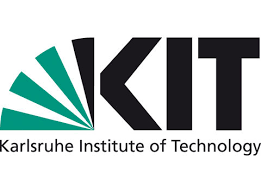Karlsruhe Institute of Technology: KI: Competence Center aims to promote acceptance for work and learning
KIT researchers work together with the Karlsruhe University of Applied Sciences and other research institutions from Karlsruhe in an interdisciplinary research network to determine the influence of artificial intelligence (AI) on human work in production, IT, mobility and education. The AI-supported work and learning systems that are being developed in the Artificial Intelligence for Work and Learning project in the Karlsruhe region, or KARL for short, are designed, tested and then implemented in demonstrators together with the practical partners. “Our global production learning factory plays a central role here, as it represents a real production environment and thus offers the opportunity to test the applications of AI in a real production environment and to evaluate them with the help of behavioral-economic experiments”, says Professor Gisela Lanza, head of the wbk Institute for Production Technology at KIT. The aim is to work out the influence of AI on criteria such as satisfaction, motivation and stress of employees.
Designing learning work systems in a humane manner
“The humane design of learning work systems is currently a highly relevant topic. We look forward to being able to positively influence the future use of such systems and thus the everyday professional life of numerous people through application-oriented research”, says Professor Barbara Deml, Head of the Institute for Ergonomics and Business Organization (ifab) at KIT.
The researchers also look at social, ethical and legal criteria. “They are important because it is about carefully researching how AI can be used to support, facilitate and change work processes,” explains Dr. Bettina Krings from ITAS.
The Federal Ministry of Education and Research (BMBF) is funding the KARL project coordinated by the Karlsruhe University of Applied Sciences in the funding priority “Future of Work: Regional Competence Centers for Labor Research” with a total of almost eight million euros in the first four years. The project will then be continued in a publicly accessible competence center.

